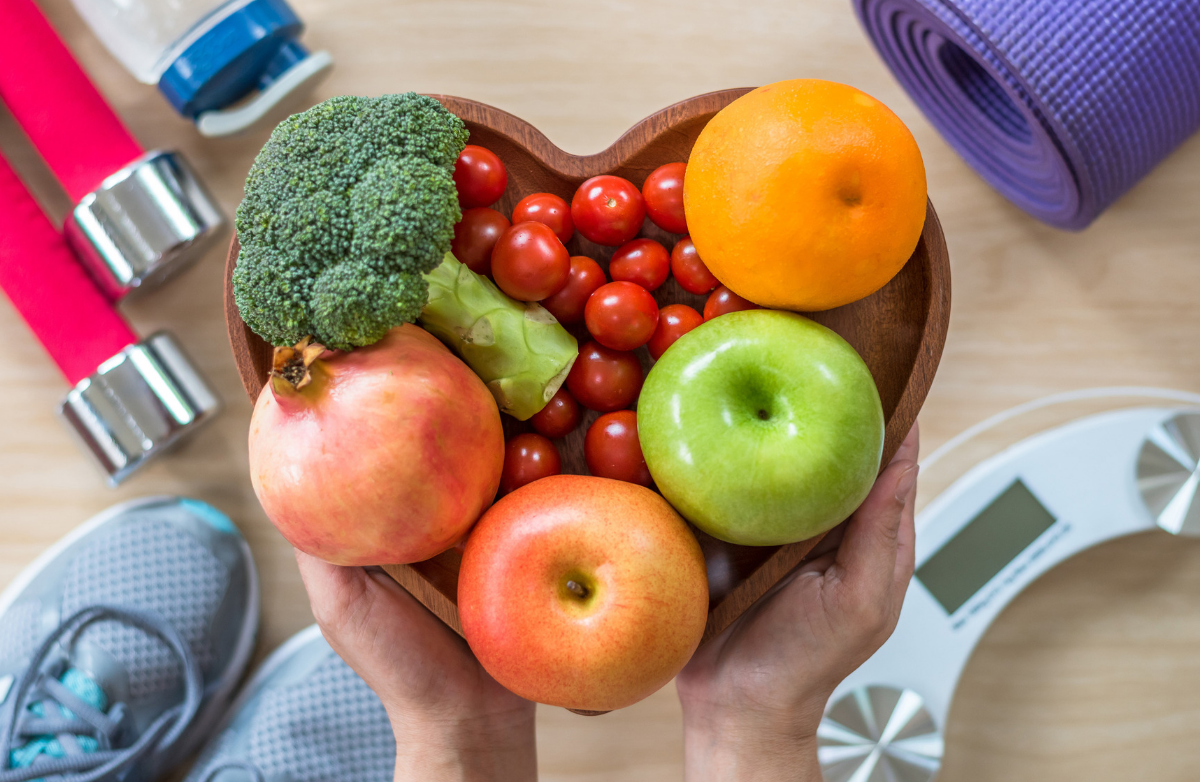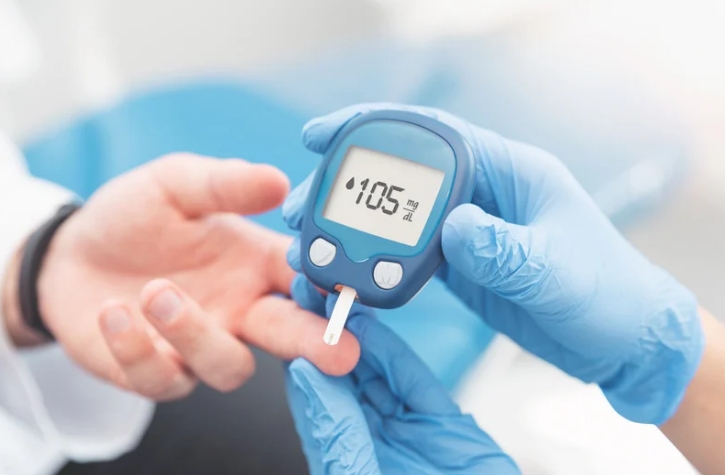Volunteering isn’t just good for your community—it’s also good for your health. Engaging in volunteer activities provides opportunities to connect with others, stay physically active, and improve mental and emotional well-being. Whether you help at a local food bank, mentor youth, participate in community cleanups, or donate blood, volunteering can make a meaningful impact on both your life and the lives of others.
Mental and Emotional Benefits
Volunteering has been linked to improved mood, reduced stress, and lower rates of depression. Helping others provides a sense of purpose and accomplishment, which can enhance self-esteem and overall happiness. Social connections formed through volunteering also help combat loneliness and support emotional resilience, especially for older adults or those experiencing life transitions.Physical Health Benefits
Many volunteer activities involve light to moderate physical activity, which contributes to overall fitness. Tasks like gardening, walking participants to events, sorting donations, or building projects can improve strength, flexibility, and cardiovascular health. Regular physical activity is associated with lower blood pressure, improved heart health, and better weight management. Blood donation can also have physical benefits, including helping maintain healthy iron levels and stimulating the production of new blood cells.Cognitive Benefits
Volunteering can challenge your brain and keep your mind sharp. Mentoring, tutoring, organizing events, or coordinating volunteer activities require problem-solving, planning, and learning new skills, all of which stimulate cognitive function and may help maintain mental acuity with age.Healthy Volunteering Ideas
Here are some ways to volunteer while staying active and healthy:-
Community cleanups – Participate in park, river, or beach cleanups to combine movement with environmental stewardship.
-
Community gardening or urban farming – Help plant, water, weed, and harvest while getting light to moderate exercise.
-
Walking or running programs for charity – Assist with organizing or supporting charity walks/runs, or guide participants.
-
Animal shelters – Walk dogs, clean enclosures, or assist with adoption events for physical activity and animal interaction.
-
Youth sports coaching or mentoring – Stay active while helping children develop skills and confidence.
-
Food distribution and pantry work – Lift, carry, and organize donations while supporting those in need.
-
Home building or repair projects – Join programs like Habitat for Humanity for hands-on physical volunteering.
-
Community events – Help set up and break down tents, tables, and equipment at festivals, fairs, or health fairs.
-
Blood donation – Giving blood is a meaningful way to help save lives, and studies show it can have health benefits, including maintaining healthy iron levels and stimulating the body to produce new blood cells.
Staying Active While Volunteering
To maximize the health benefits of volunteering, consider ways to incorporate movement and physical activity:-
Choose physically engaging volunteer opportunities – Activities like community cleanups, gardening, coaching youth sports, or walking while volunteering increase movement and help maintain muscle strength.
-
Break up long periods of sitting – If your volunteer work involves office tasks, take short walking or stretching breaks to keep your body active.
-
Combine volunteering with outdoor time – Walking dogs for a shelter, helping at a community garden, or guiding nature tours keeps you moving and gives the added benefit of fresh air and sunlight.
-
Incorporate teamwork exercises – Participating in group volunteer events often involves lifting, carrying, and other light physical activities that increase calorie expenditure and promote coordination.
Tips for a Safe and Enjoyable Volunteering Experience
-
Start slowly – If you are new to volunteering or physical activity, begin with shorter sessions and gradually increase your involvement.
-
Stay hydrated and fueled – Bring water and healthy snacks to maintain energy throughout your volunteer work.
-
Wear appropriate clothing and shoes – Supportive footwear and weather-appropriate attire prevent injury and make physical tasks more comfortable.
-
Listen to your body – Take breaks as needed and avoid overexertion, especially when performing physically demanding tasks.













